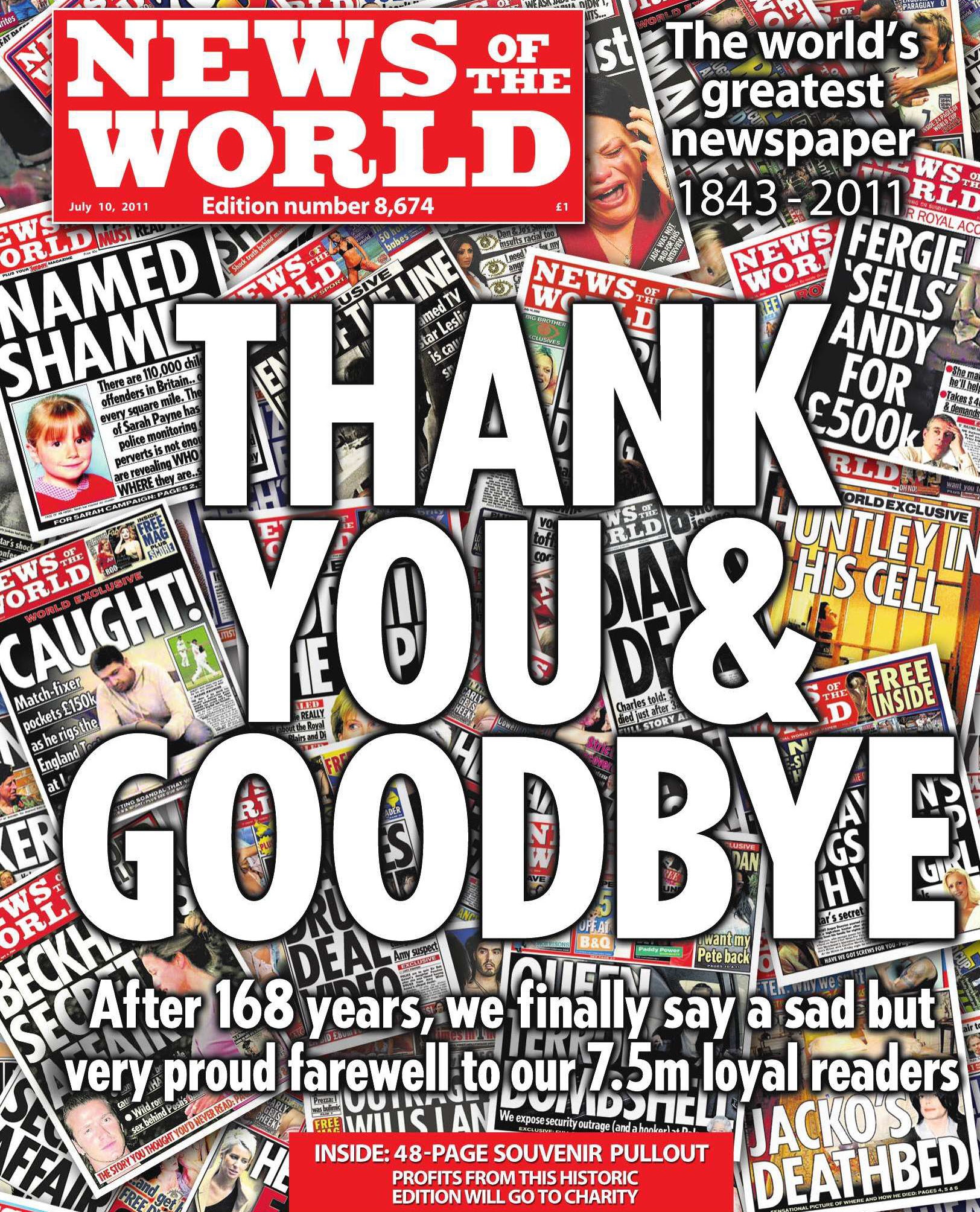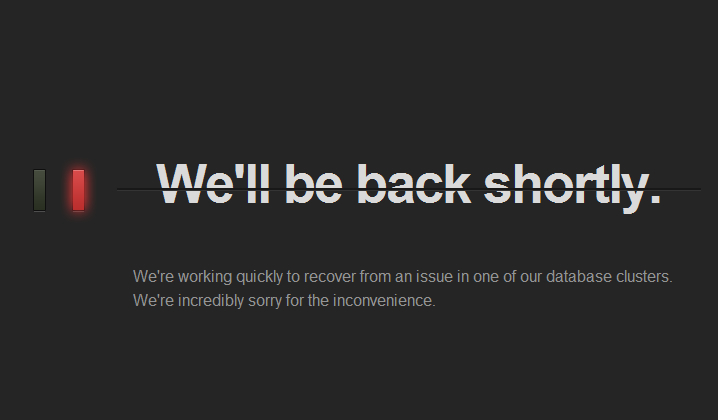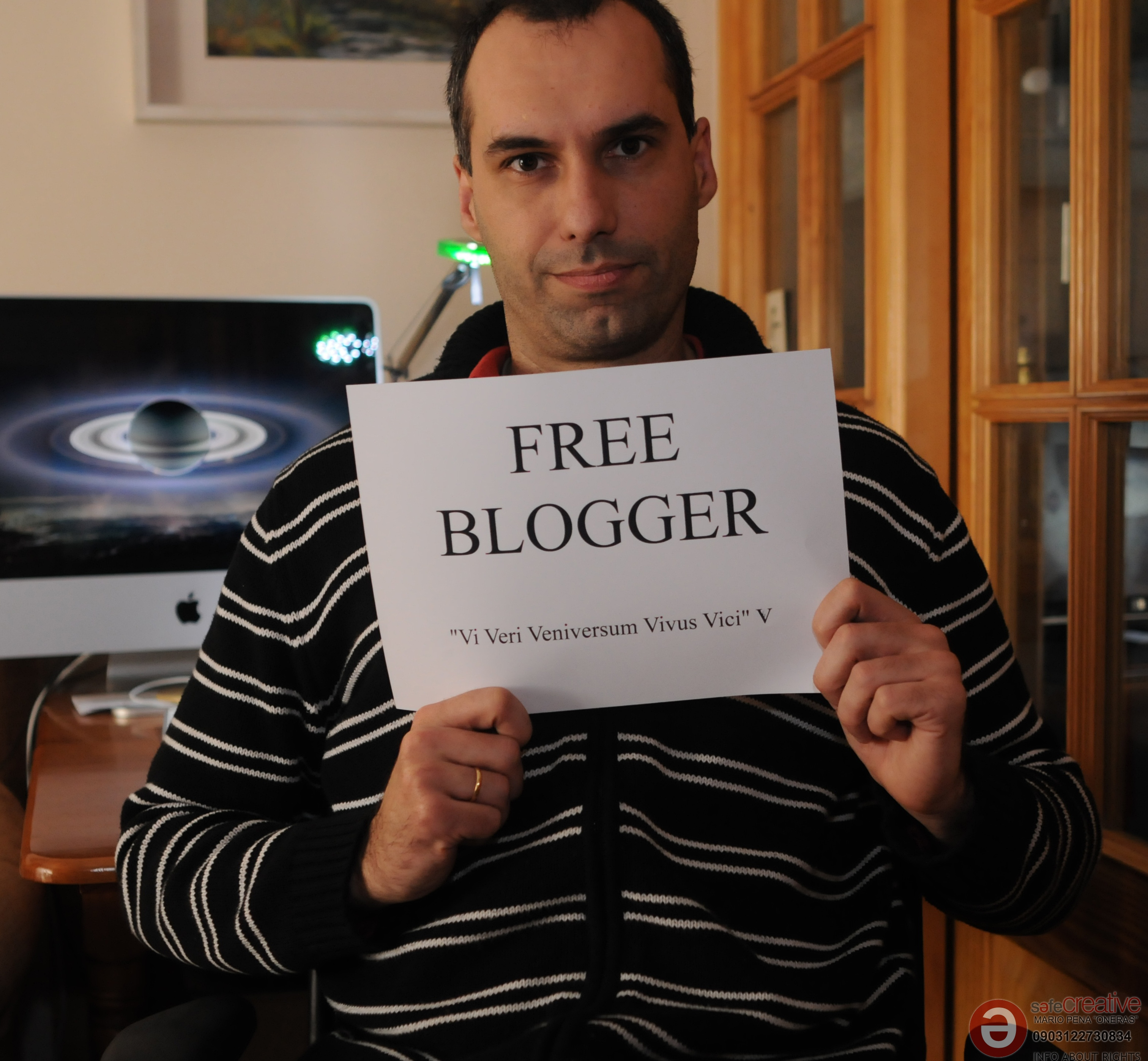How does a news organization squander $30 million? Launch an iPad-only newspaper with great fanfare, only to shut down 18 months later. News Corps’ tablet newspaper fails for many reasons, some related to necessary restructuring of larger operations.
But ultimately, The Daily fails for lack of good editorial content and oversight. The app/publication is is too much like a digitized USA Today for people with sixth-grade reading comprehension.











